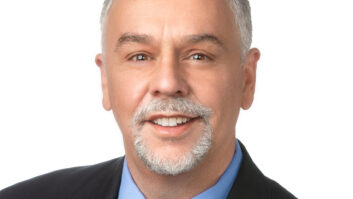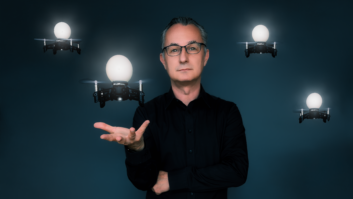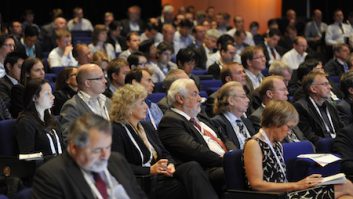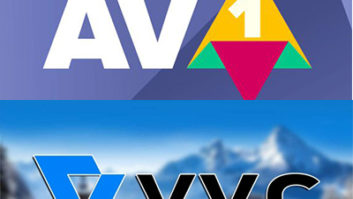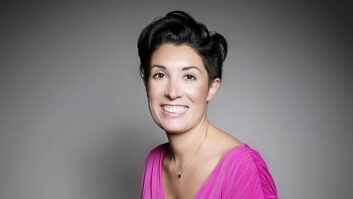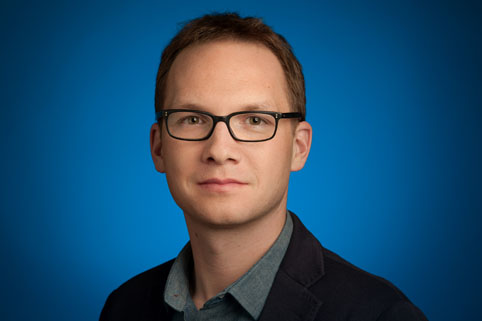
Thursday morning in the Forum is always seen as something of a scene-setter for the days that follow, and the opening session (moderated by journalist Ray Snoddy) maintains that tradition. ‘
The Future is Now: Broadcasting in an Age of Challenge’ is part of the ‘Taking the Pulse’ theme that runs throughout the day, and promises to be a compelling introduction to the state of the industry.
The four panellists are drawn from extremely diverse players: Fran Unsworth (director, BBC World Service Group) is a BBC staffer of some standing having joined the Corporation in 1980 and held some key — and politically high-risk — roles in news and current affairs, as well as head of Newsgathering. She is a member of the BBC’s Executive Team.
Her current position puts her in the front line of developing new viewers beyond today’s weekly audience of some 265m.
And she has to operate in a tough commercial environment, where the BBC’s reputation helps but is no guarantee of success when there are plenty of other news-based rivals where funding is not a problem.
BBC World is up against Al Jazeera, Russia Today and literally dozens of other news channels, whether from America, China, India or another few dozen ‘national’ broadcasters each out to tease viewers away from the BBC.
Another panellist, Phillip Luff (MD UK & EMEA for Scripps Networks International), already has a close working relationship with the BBC.
Back in 2011 Scripps paid Virgin Media £339m to buy 50% of UKTV, the multi-channel bouquet that includes Alibi, Dave, Eden, Watch and Gold. The BBC owns the other half, and supplies much of the programming for the channels.
But there’s much more to Scripps’ global ambitions than the BBC. In March 2015 they paid $584m to buy a majority 52.7% stake in Poland’s TVN (from France’s Vivendi) and will use the move to springboard the launch of a cluster of its channels (HGTV, Food Network, Travel Channel, etc) into the Polish market. Luff will explain Scripps’ strategy for developing this portfolio well beyond the UK and Poland.
David Butorac heads up Dubai-based pay-TV broadcaster OSN. Butorac has the toughest of tough jobs, in that his competition comes from some high-quality free-to-air (FTA) channels from the likes of MBC and only about another 900 FTA players (not all of the same high quality). He also has piracy to contend with, as well as deep-pocketed rivals such as BeIN Sport (from Qatar’s Al Jazeera) and newer lower-cost portfolios of channels.
Finally, and not least, is Google in the shape of Thomas Riedl (head of Global Android TV Partnerships) who in his own words is “building a great living room platform” with a built-in recommendation engine, instant YouTube videos and Google Cast which slings programming from one device to another. Riedl says that content-owners and distributors are “key stakeholders” for Android TV, and where they will quickly appreciate the innovation that the platform is creating.
Android TV has barely been available for a year although the service is becoming increasingly available on games consoles, set-top boxes and smart TVs, with the platform saying it offers “something for everyone”. With Google’s cash backing his service then might be a complete game-changer and active disruptor!
Hence the importance of this opening panel: Can BBC World Service Group survive the threat of global competition? Can new linear channels make headway in a crowded marketplace? Can pay-TV succeed in the MENA region? Will Google-type OTT services continue to grow, and threaten – and disrupt – the established broadcasting status-quo?
These and other questions will be posed by Ray Snoddy in what promises to be a fascinating IBC ‘Taking the Pulse’ session.

